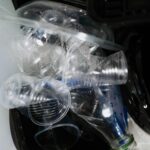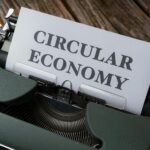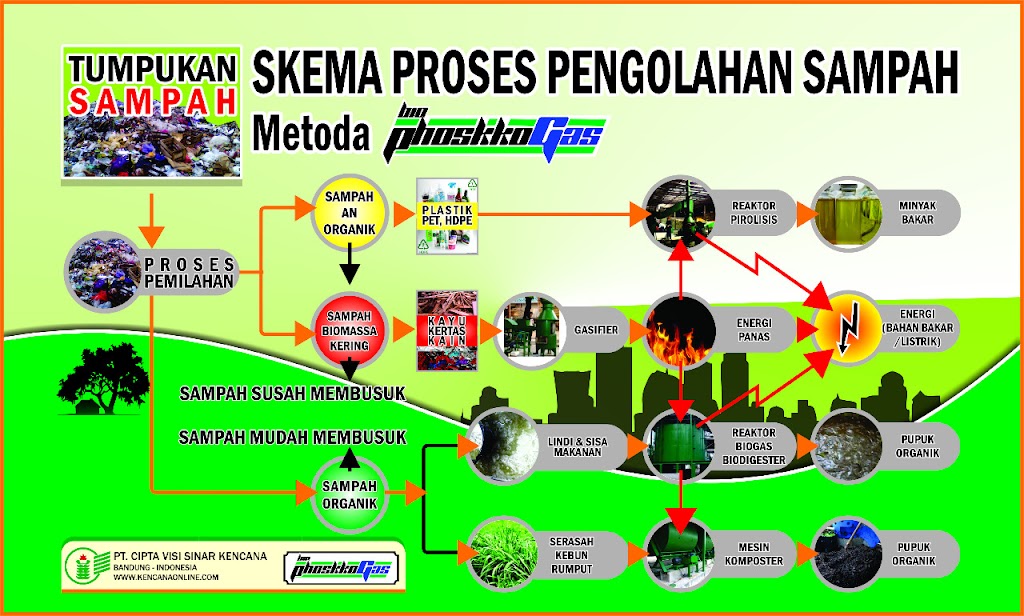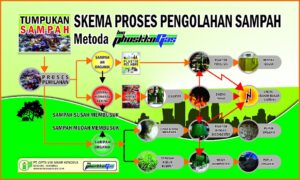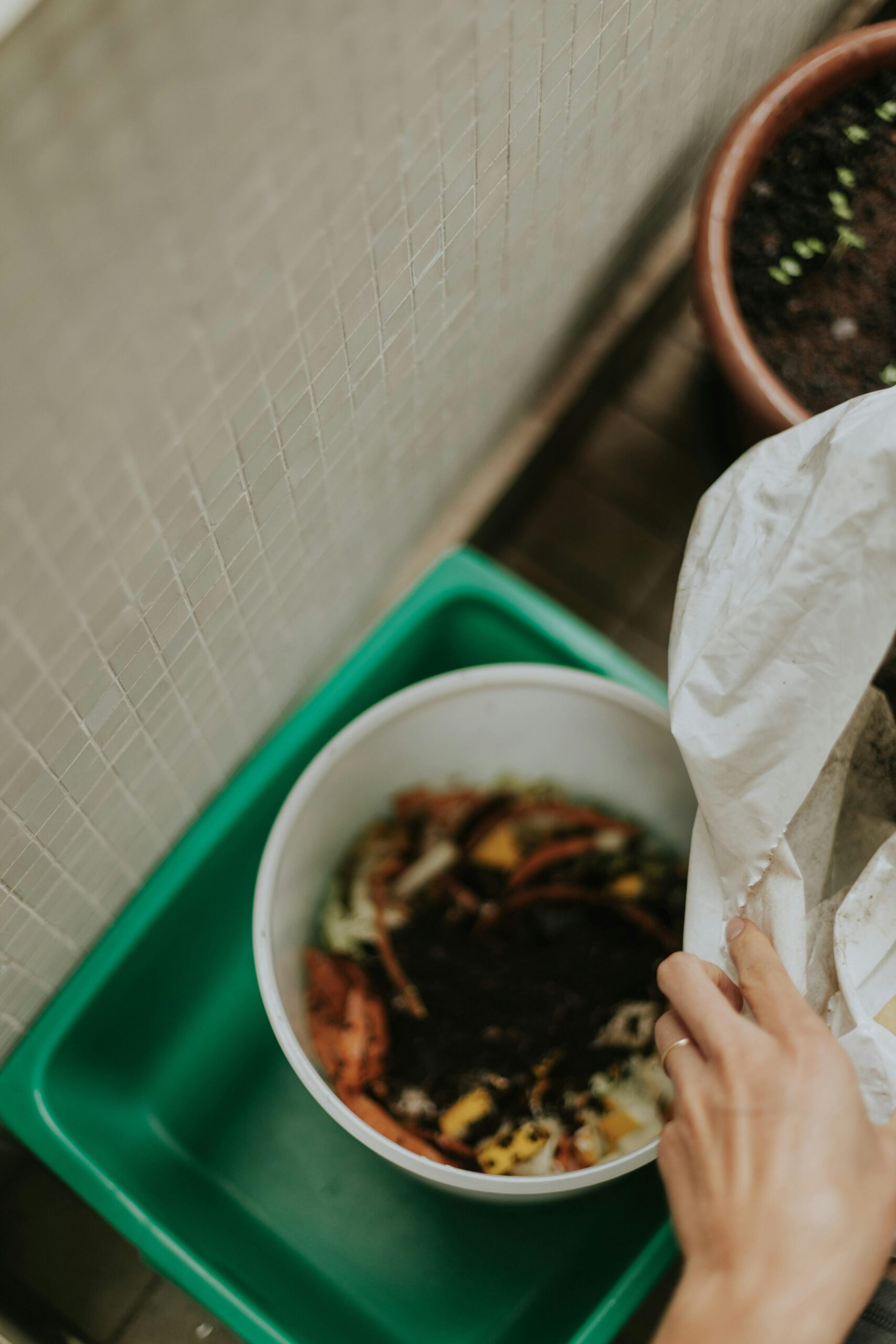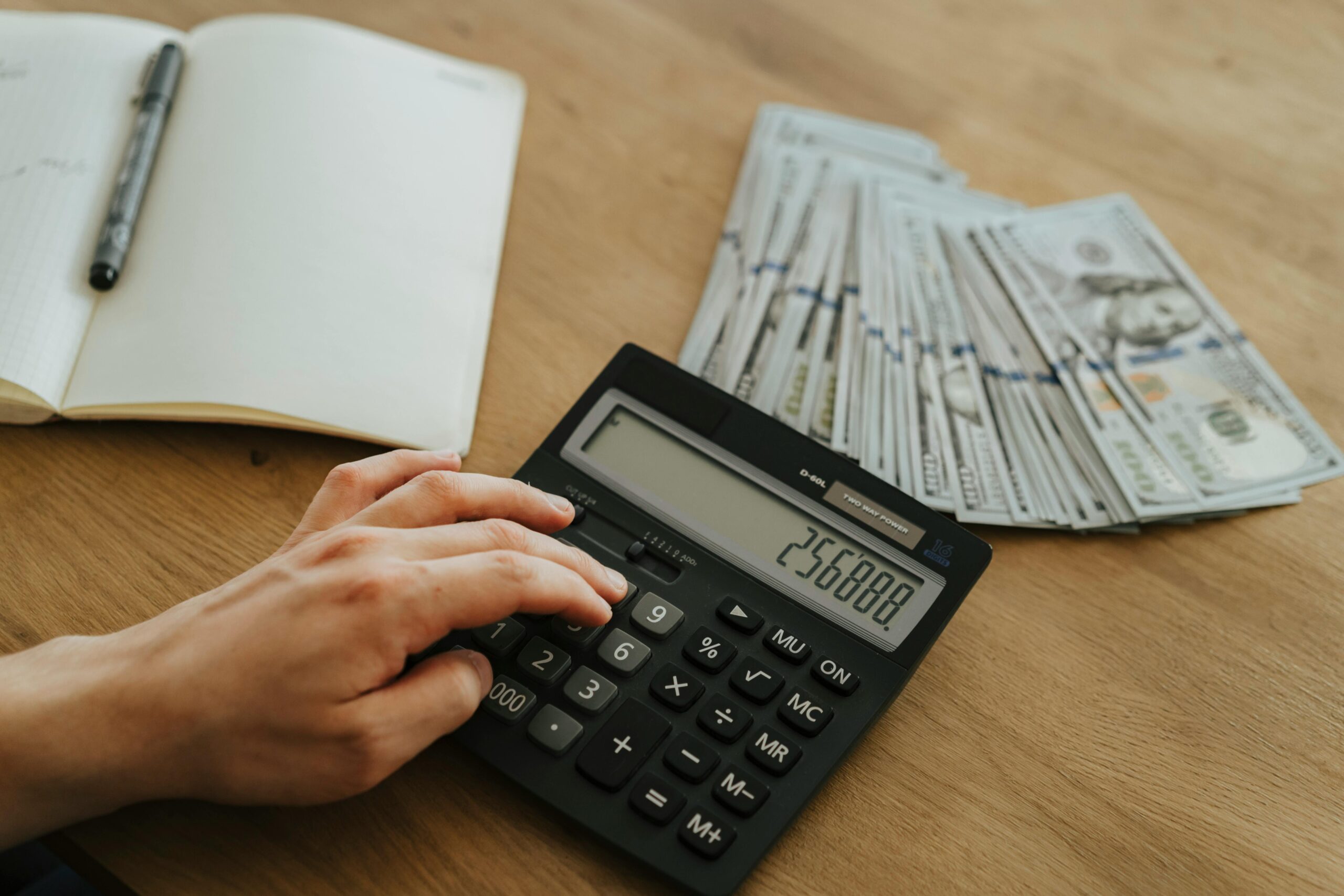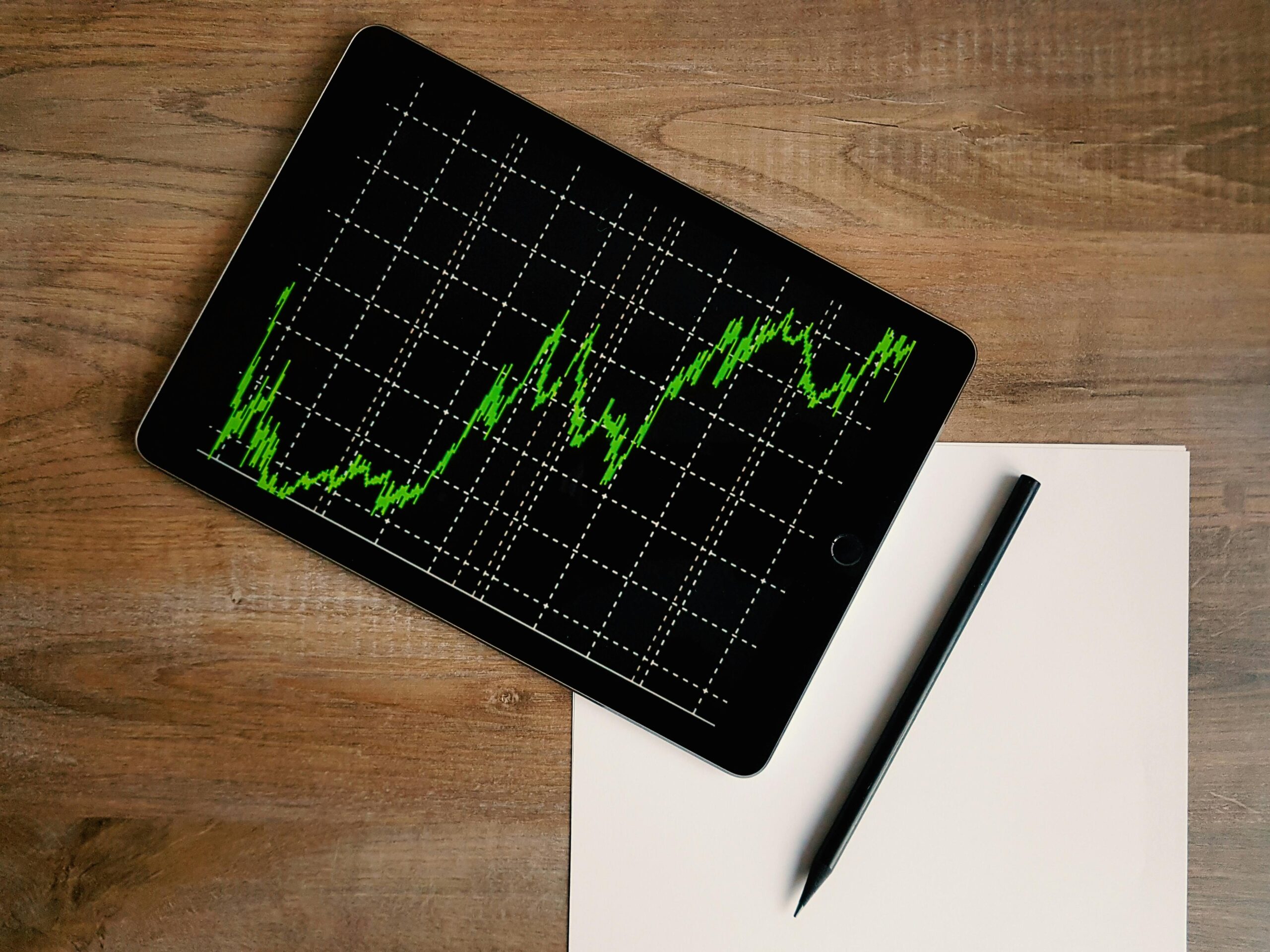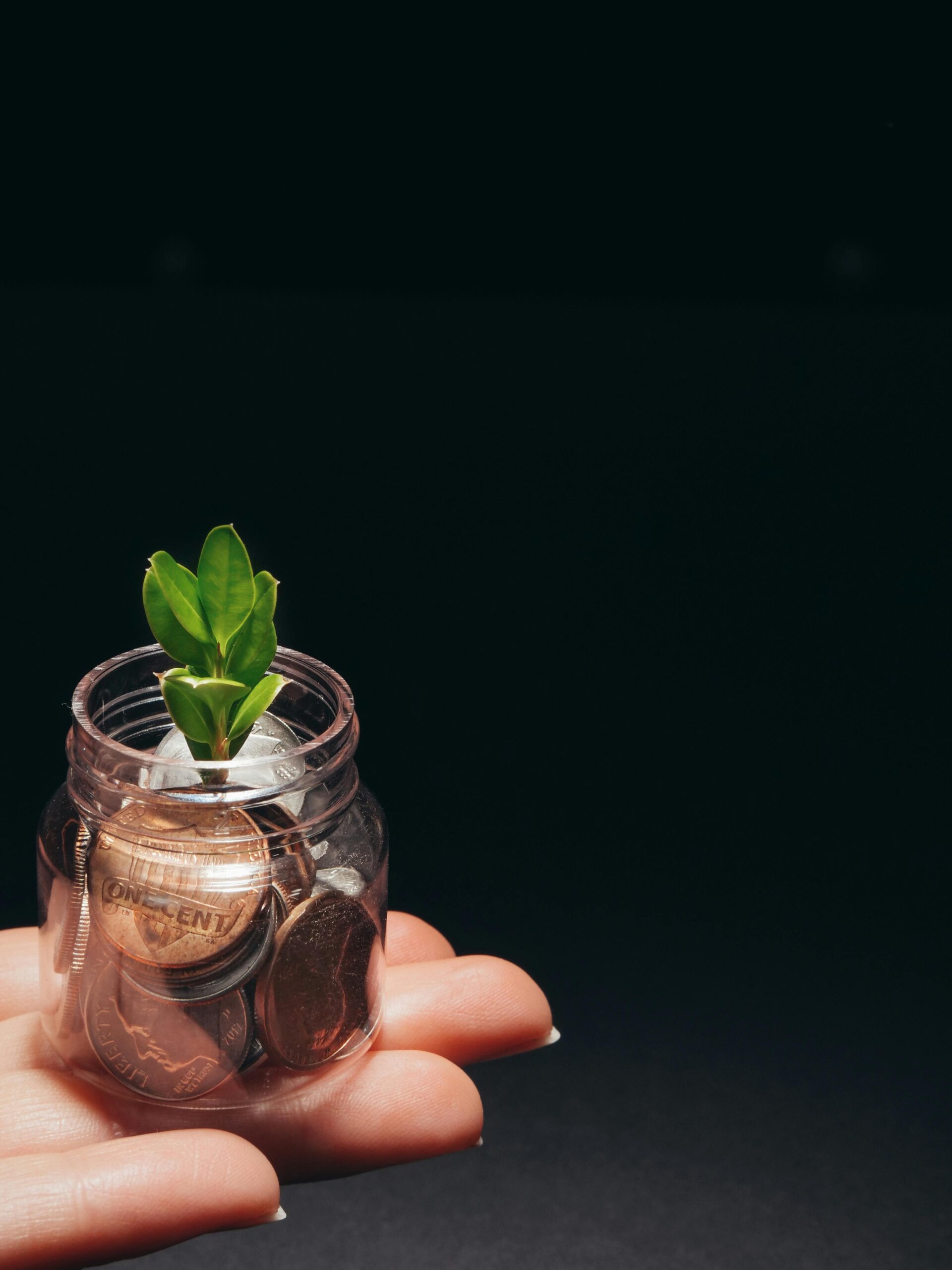Mine Land Reclamation, Muba Gede, Kompasiana, 2015
Based on the needs of the above organic matter, the management and processing of waste in the mining area becomes important so that as much as possible produce compost and organic liquid fertilizer effectively and efficiently.
The choice of the Biophos_kkogas method is most beneficial for homogeneous waste conditions (disaggregated) but with a sorting pre-treatment conveyor it is still suitable for the condition of the mixed waste. Under conditions of the project sponsor (mining, housing, commercial business, industry) respecting energy conservation (renewable) and organic fertilizers for proper environmental acquisition, as well as on the scale and composition of disaggregated waste, the construction of Integrated Waste Management Sites (TPST) will be able to achieve mechanisms zero waste clean production, even giving economic gain equivalent to governance costs (zero tipping fee).
As potential partners, especially in the generation of waste in commercial areas in the area ranging from 20 tons per day, now we can serve the needs of the project sponsor (commercial area, industrial-mining-residential area) to carry out independent waste processing stages:
- pre-construction (preparation of site plan, building design, ME and DED and preparation of UKL-UPL documents).
- pre-construction (preparation of site plan, building design, ME and DED and preparation of UKL-UPL documents).
- preparation of procedures and implementation of information dissemination at the source of waste generation
- provide materials and machine tools, carry out maintenance and provide guarantees,
- operating and running regional scale waste management, securing tools and equipment; and
- managing organic materials for further utilization including packaging, periodic testing, recording and automation of remote monitoring (RTU) and yield management.
- managing energy conservation by considering waste as a potential fuel for electricity generators, including injecting it into PLN nets
Besides the planning partners, we can also act as managers with certain tipping fees.
Several waste processing and industrial and commercial waste projects that have been worked on include: PT. IMIP Morowali Sulawesi, PT Kievit Salatiga, PT Inalum Tbk Asahan, PT Pembangunan Jaya Ancol, Halim Perdanakusumah Jakarta, PT Donggi LNG Senoro, PT Medco Energi Kaji and Tanjung Pinang, PT Antam Sulawesi, PT Citra Raya Housing, Pakar Go Green Sdn Bhd. (Malaysia), MidValley MegaMall (Kuala Lumpur), Beraucoal North Kalimantan, PT. Unilever Indonesia Rungkut Factory Surabaya, etc.









